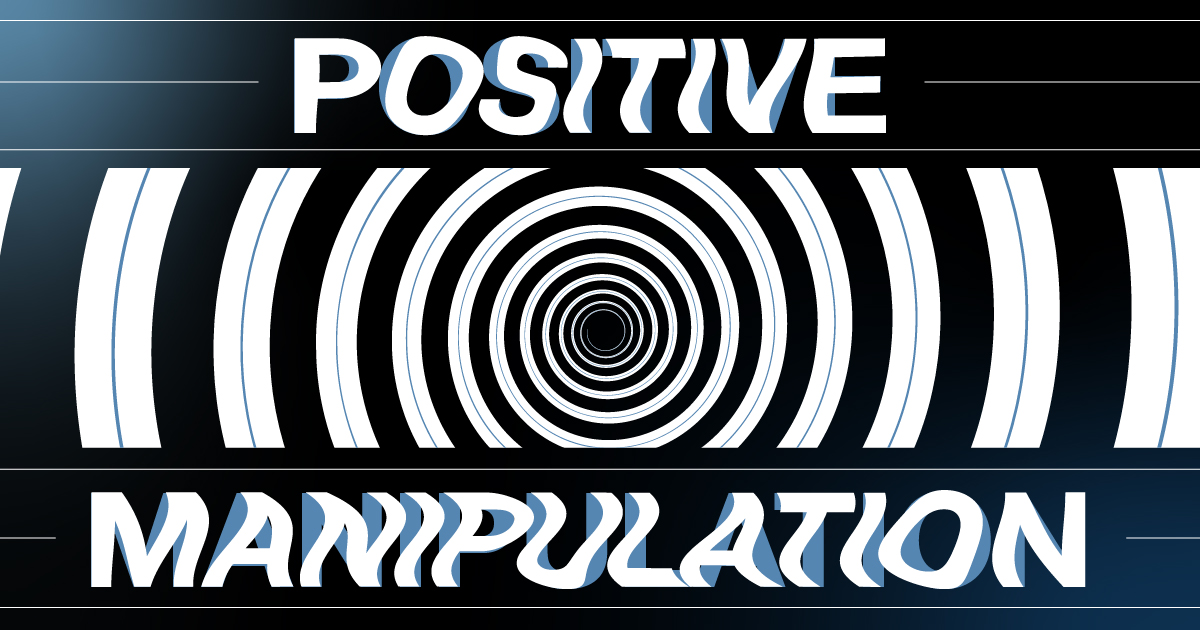
All marketing is manipulation. Our goal, as advertisers and marketers, is to convince a specific audience to do a specific thing. If you’re familiar with the term “call to action” then you’re already aware of the goal. It’s the keystone piece of any marketing. After being exposed to all of the building blocks, what are we referencing, what are the benefits, and why you should care, the most essential part is the call to action. It’s what we are asking the audience to do.
Often these take the forms of buttons or taglines, and can be as simple as “learn more,” “contact us,” “download,” or “shop now.” The idea though is the same, to influence our target audience to take a particular action. For many inside the industry, calling our jobs manipulative feels cynical at best, and like a professional identity crisis at worst. But when broken down to its core, it’s what we do. Or at least, if you’re doing marketing well, it’s what you’re succeeding at.
But that’s okay. That doesn’t mean what we do is evil. Marketing is like any tool, it’s neither good nor bad, it’s entirely down to how that tool is wielded, and to what purpose. The crucial part is what we do next, once we come to terms with the inherent manipulative nature of our work, it’s on us to use our skills and abilities for good. For clients that align with our values, that leave a positive impact in the world, and that we can feel genuine pride in amplifying.
Everything is on a spectrum, and I’m not idealistic enough to think that all marketing professionals should—or could—only do work for the most pure of heart clients. Much of the work we do falls somewhere in the middle. But that doesn’t mean we can’t apply critical thinking or honest self-assessment when looking for clients to work with, or agencies to work for. It’s vital for each of us to have a line in the sand somewhere though. And to be aware of when we approach it, and incredibly thoughtful of if or when we allow ourselves to cross it.
Ethics and advertising don’t have to be mutually exclusive. We do not have to work in an industry that is often met with judgment, cynicism, or skepticism. It’s within our abilities to change the negative perceptions that permeate our field, but starts with us looking in the mirror, and making a choice.

